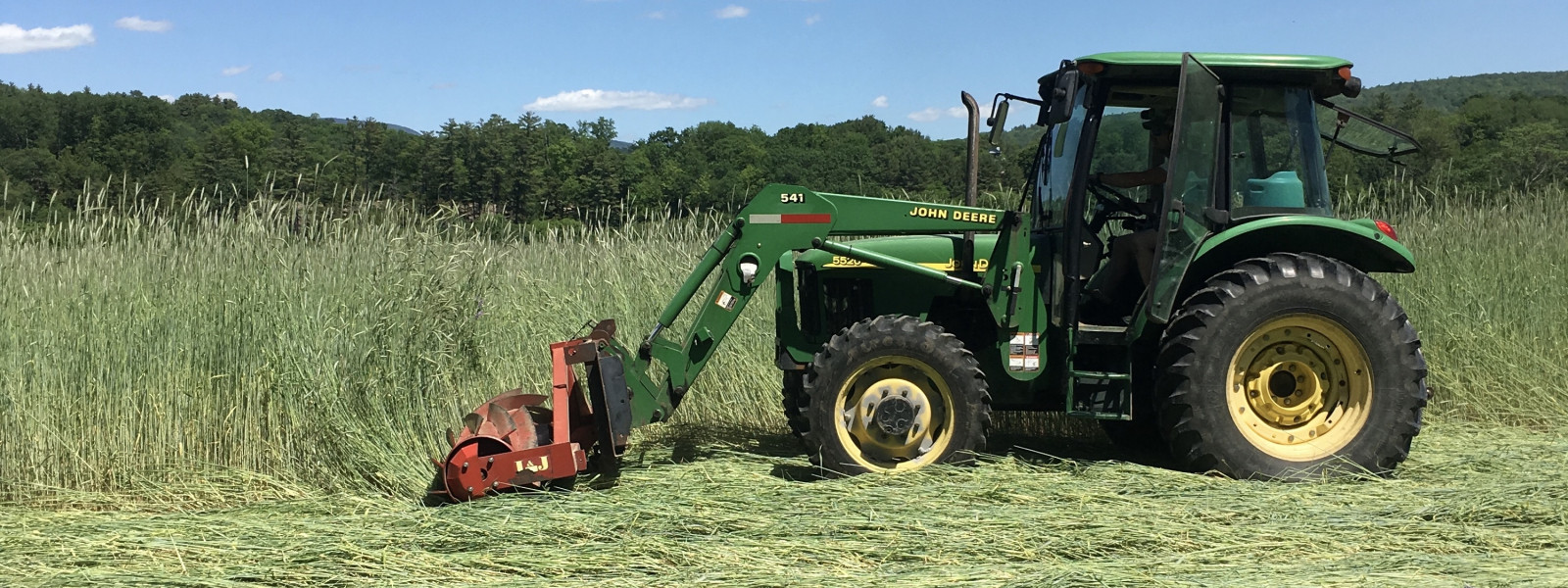Notes From Paris: Part 1
We arrived in Paris on Tuesday in order to participate in events related to the UN Climate Summit. We had been scheduled to arrive on Saturday for the huge march that was planned; however, this march was cancelled due to security issues precipitated by the terrorist attacks two weeks earlier in Paris. Cancelling the march was a huge frustration for all of us who were anxious to make a public statement about the urgency of climate change. It’s the biggest issue we face in our lifetime, and people all across the globe recognize this; unfortunately, the people who run our government and their friends from industry do not. These are essentially the folks who are making the decisions here in Paris at the highest levels of international negotiations.
There are also thousands of activists from all over the world who are here trying to influence the decisions made by the government negotiators. Will and I are here with a delegation of people representing Regeneration International. Our goal is to highlight the fact that industrial agriculture is one of the major contributors to the excess carbon in the atmosphere. Soil life is essentially destroyed by using synthetic chemicals and allowing so much land to remain bare for much of the year. We literally lose soil through erosion and kill soil life with the chemicals used in industrial systems. Most people don’t know that soil is one of the biggest carbon sinks that the earth has right now. Soils are currently only holding 30% of the carbon they could; the rest has been lost into the atmosphere through damaging industrial farming practices.
What we are trying to help people realize is that organic and regenerative farming methods can actually draw excess carbon out of the atmosphere and bring it back into the soil where it can be stored over the long term. Plants turn that carbon into food for the soil micro-organisms through photosynthesis. That’s why it is so important to have the soil covered at all times so that the plants can work to transform the carbon into usable foods for all the micro-organisms in the soil. Farmers, and especially organic farmers, strive to keep the soil covered at all times and to increase the organic matter in their soils. With less disturbance of the soil - that is, less plowing and cultivating - the carbon can become more stable in the soil and not be lost to the atmosphere and the oceans.
We have heard many scientists talk over the last few days about trying to get the international agencies who are making these climate deals to realize the importance of the soil as a carbon sink. But they say that their message has been ignored by negotiators for 30 years. The focus has remained on trying to reduce carbon through reducing fossil fuel emissions. Sadly, even the big environmental groups have ignored the important soil solution. Of course, reducing fossil fuels is important, but it’s not going to solve the climate crisis. We need to reduce the amount of carbon in the atmosphere, not just stabilize it. And regenerative farming can do just that. We need urgently to spread the practice of regenerative farming around the world.
One positive thing that has happened to change the dialogue at this year’s climate summit is an initiative from the French government. They have pledged to increase soil organic matter in the country by 4p/1000 with the goal of pulling that carbon back down into the soil. Now, almost 50 other countries and agencies have agreed to sign on to this initiative to start similar programs in their countries. Not surprisingly, the US is not among these.
Other things happening: yesterday, we attended a session of an International Tribunal on the Rights of Nature. The topic of the session was genetically modified organisms. Regeneration International founders including Ronnie Cummins (Organic Consumers Association), Andre Leu (International Federation of Organic Farming Movements) and Vandana Shiva (Navdanya) spoke about the problems of GMOs and especially about their incompatability with protecting earth’s resources or trying to fix climate change. Tomorrow, there will be another session on regenerative agriculture at a gathering called the People’s Climate Summit. Will is scheduled to speak, as well as Vandana, Ronnie, Andre, and Seth Itzkan from the Soil Carbon Coalition and also a Thetford resident. The topic is The Power of Renerative Agriculture to Cool the Planet and Feed the World.
-Kate







